The House of Representatives successfully passed another temporary funding measure to prevent a potential government shutdown which would have occurred at midnight Saturday. This measure ensures funding for certain federal agencies up until March 8, while others are funded through March 22. The Senate is likely to pass the continuing resolution soon.
Senate’s Turn to Vote

Following the House’s approval, the spotlight shifts to the Senate, which is likewise expected to cast its vote on the legislation in time to avert the shutdown. The anticipation around the Senate’s decision underscores the urgency and critical nature of the funding extension.
Anticipating the Final Extension

This temporary extension represents the fourth of its kind in recent months, with signals from lawmakers, including House Speaker Mike Johnson, suggesting it could be the last for the current fiscal year. There’s a palpable sense of completion as Johnson indicates significant progress on the annual spending bills that fund federal agencies.
Speaker Johnson’s Optimism
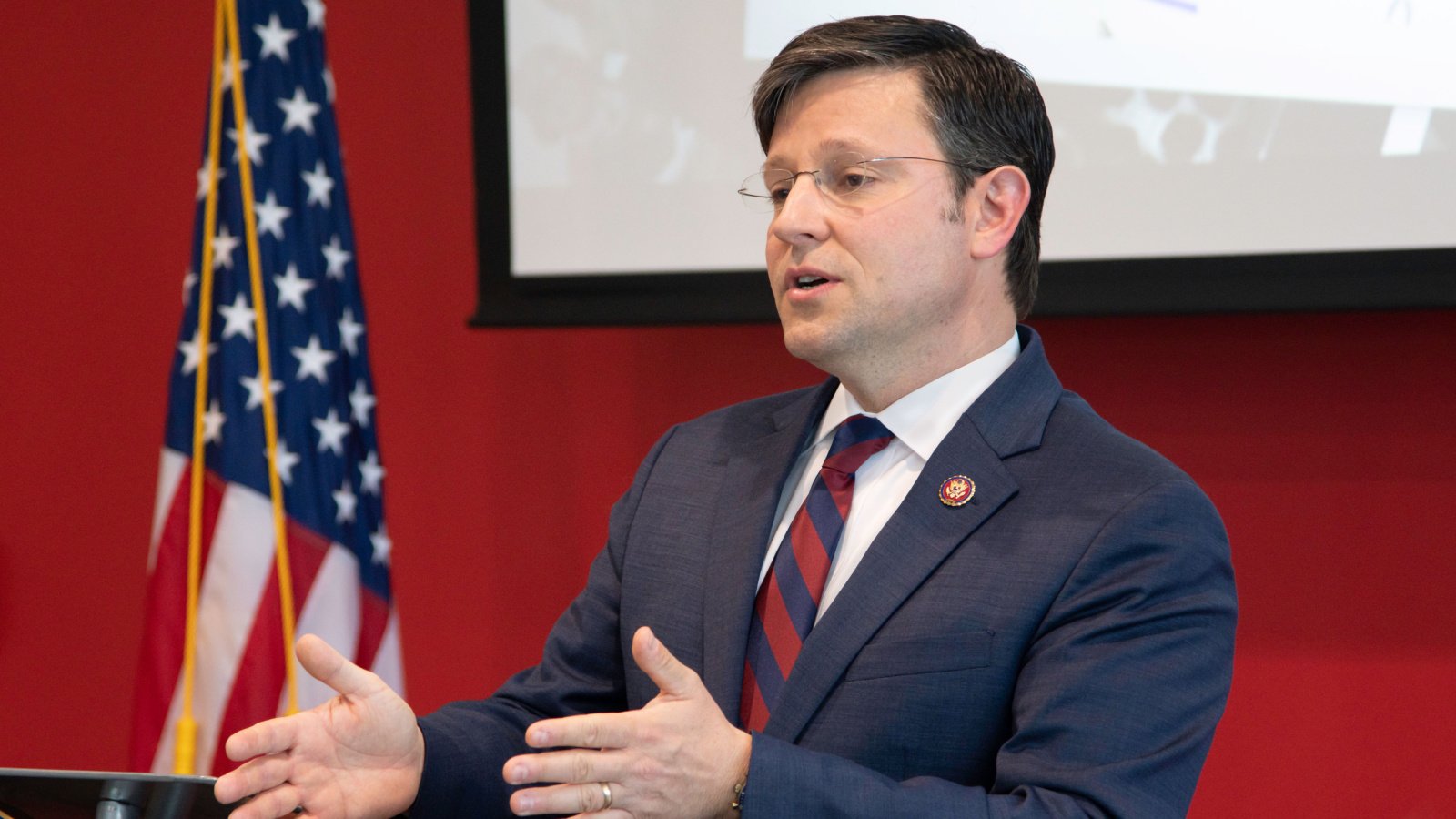
House Speaker Mike Johnson expressed optimism about concluding the fiscal negotiations soon. After a private meeting with Republican colleagues, Johnson emerged confident, proclaiming, “We’ll get the job done.” This statement reflects the determination to finalize the spending agreements that are crucial for the continuous operation of the federal government.
Overwhelming Support in House Vote
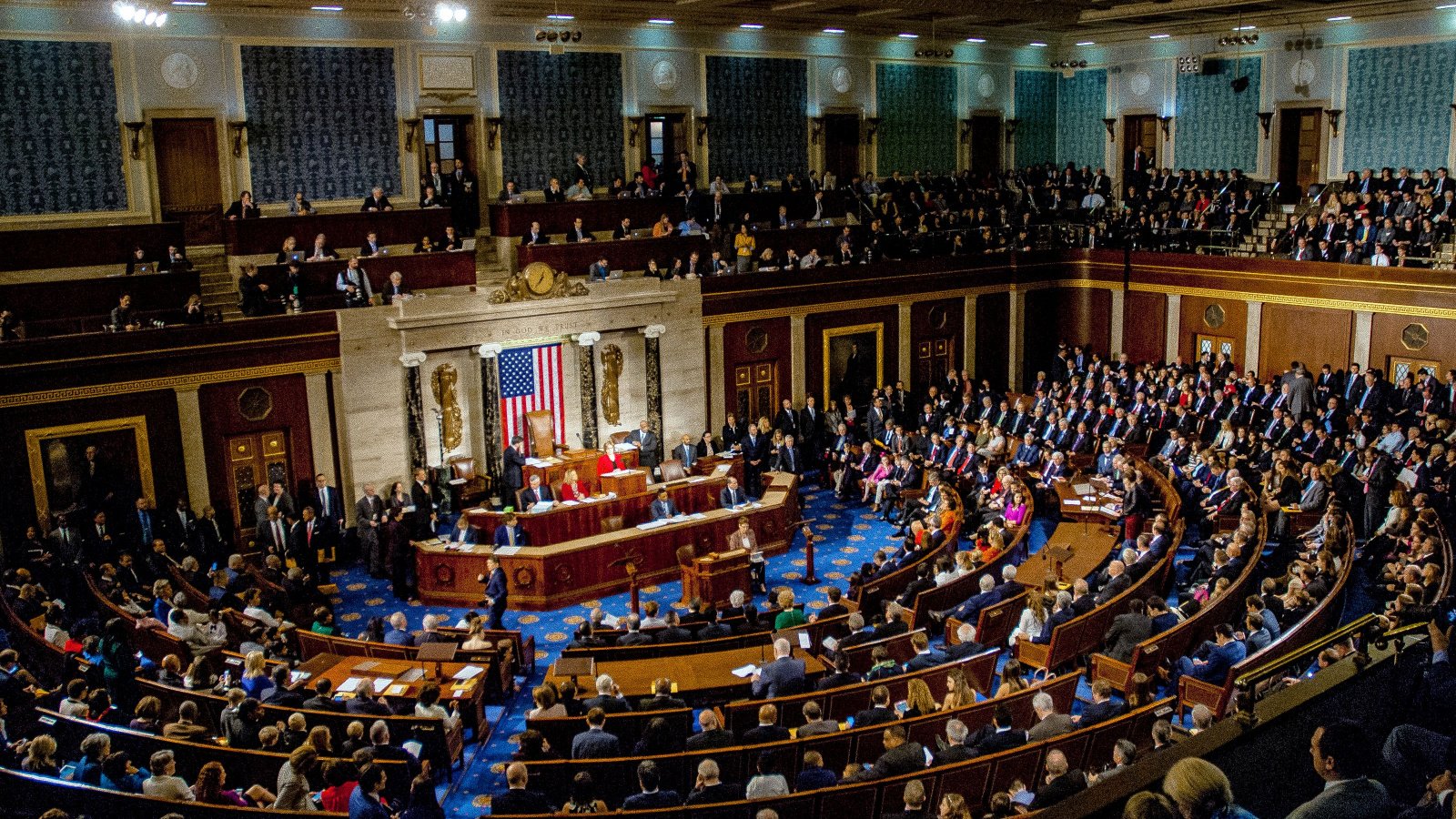
The proposed measure saw overwhelming support within the House, passing with a vote count of 320-99. This robust backing easily surpassed the two-thirds majority requirement, signaling strong bipartisan support for avoiding a government shutdown.
Fiscal Year Spending Expectations
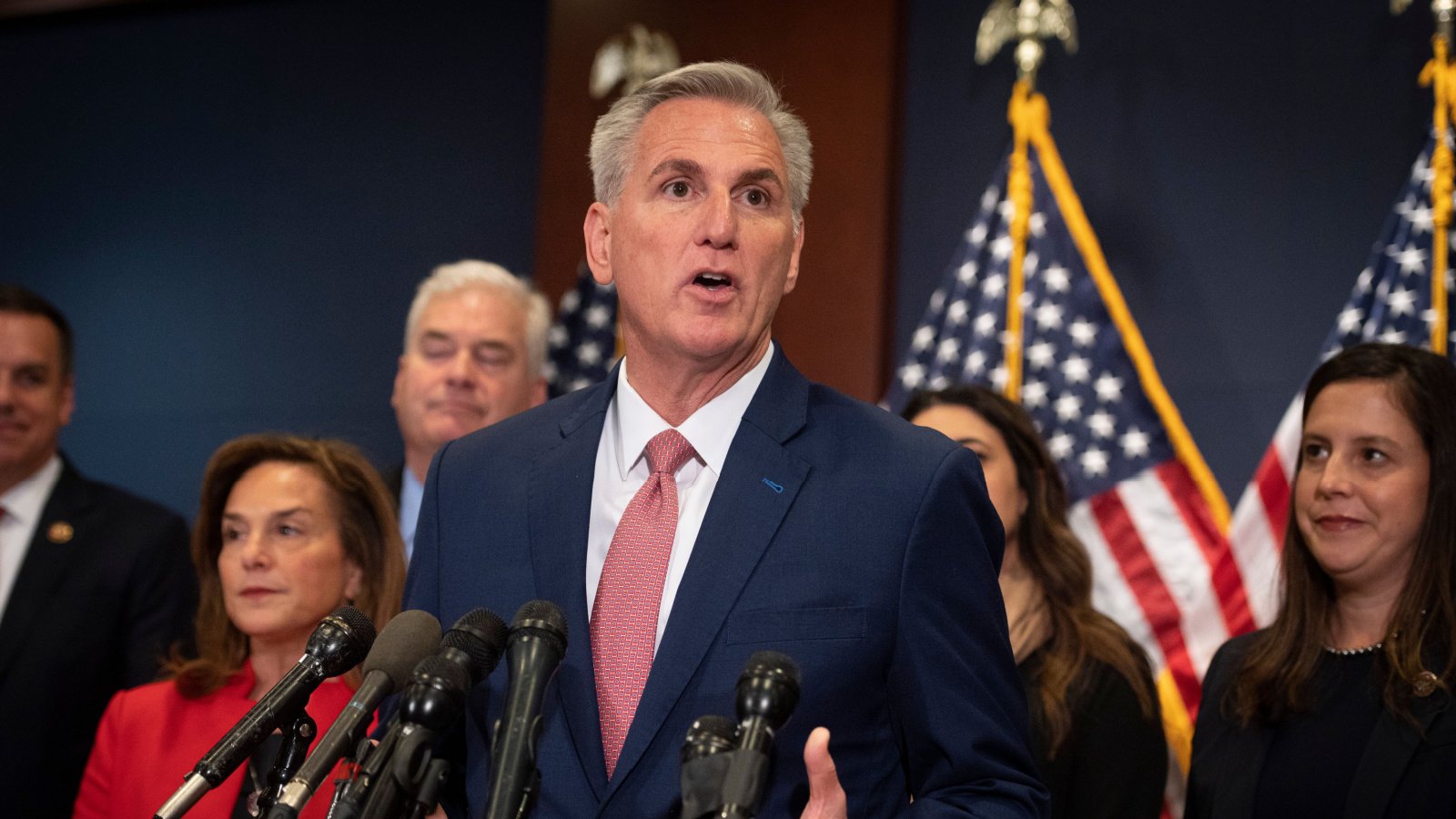
Discussions continue regarding the government’s budget, with expectations set at over $1.6 trillion in spending for the fiscal year. This level of funding mirrors the previous fiscal year’s allocations, following negotiations that took place under former Speaker Kevin McCarthy’s tenure with the White House.
Challenges from Conservative Members

However, the budgeting process has faced challenges from the House’s most conservative members. They have pushed for deeper spending cuts and significant policy changes, which have been met with opposition from Democrats. This has introduced a layer of complexity in reaching a consensus on the budget.
GOP’s Internal Struggle
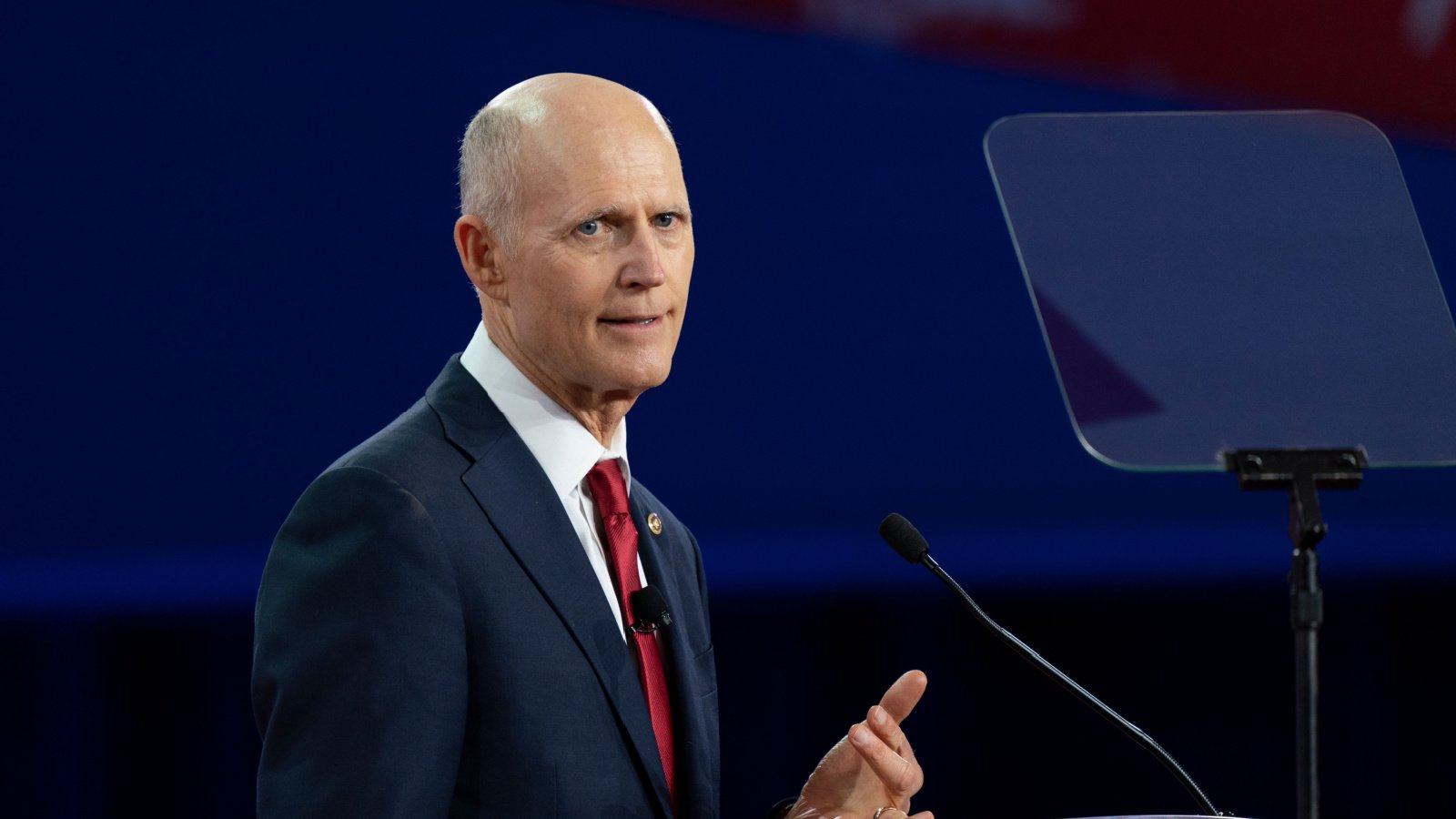
The internal disagreement within the GOP, coupled with their narrow majority, has complicated the efforts to pass spending bills in a timely manner. This situation has necessitated the reliance on temporary funding extensions to keep the government operational.
Republican Strategy for Funding
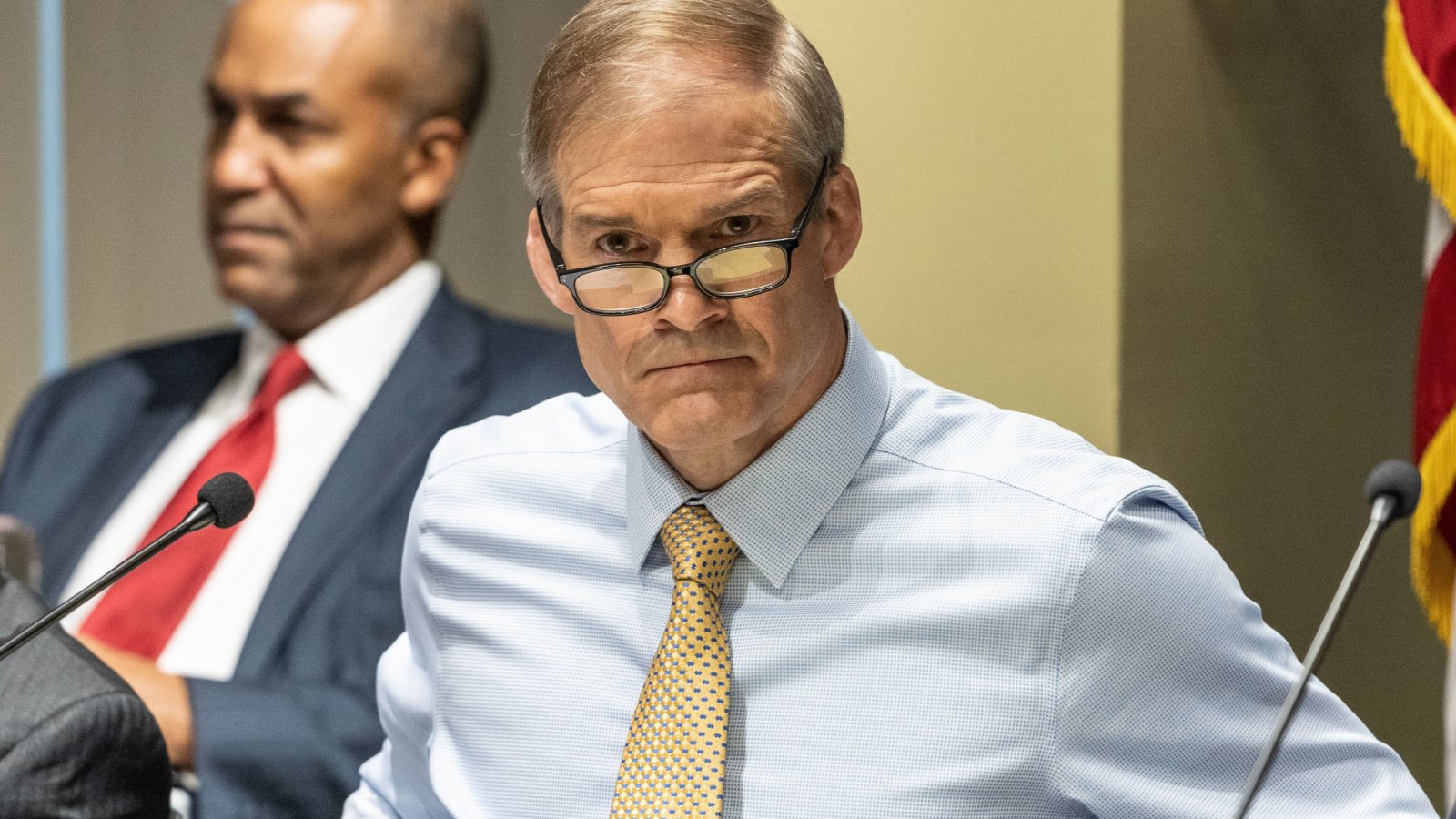
Looking ahead, Republican leaders have outlined a strategy that aims for spending cuts in many nondefense areas. This approach seeks to avoid an all-encompassing omnibus bill, favoring a more segmented legislation process that allows for greater scrutiny and understanding of the individual components.
Senate’s Next Steps
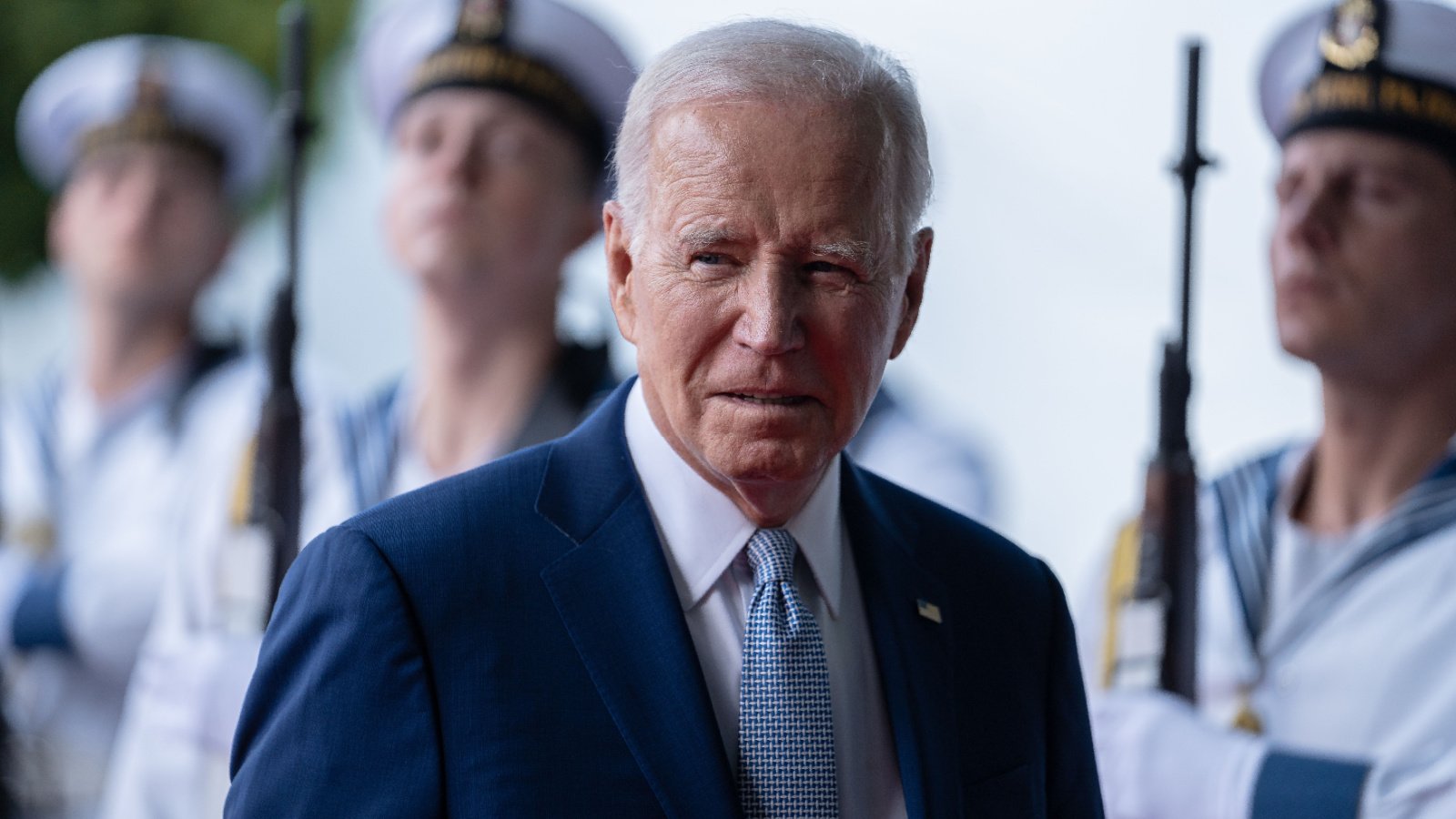
With the House’s approval, the temporary funding measure now heads to the Senate. The expectation is for a swift approval process, culminating in President Biden’s signature before the looming deadline. This process underscores the legislative body’s commitment to averting a government shutdown.
Funding Specifics
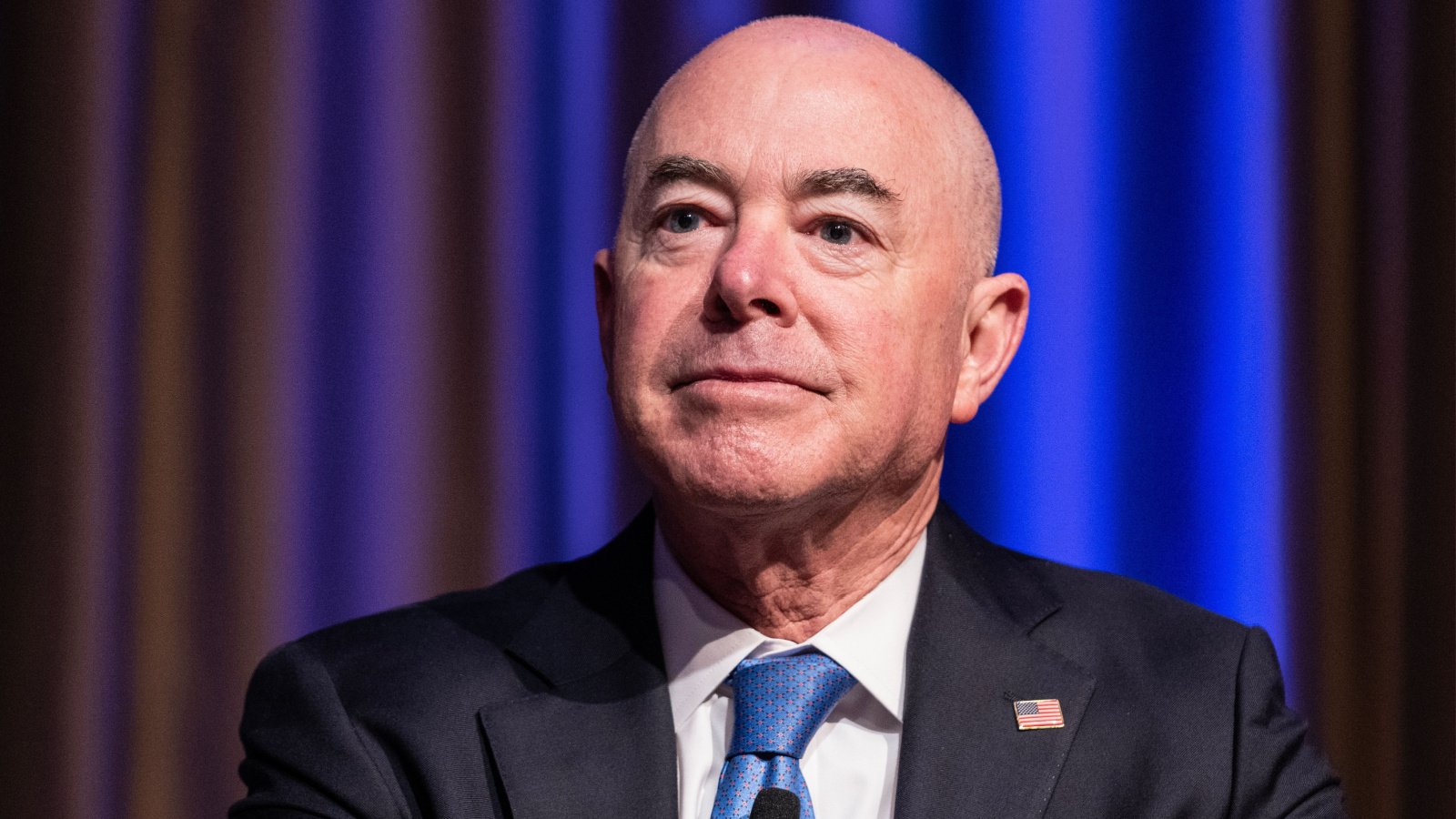
The temporary extension delineates funding for various departments, including Agriculture, Transportation, and Interior until March 8. Additionally, it extends funding for critical agencies like the Pentagon and Homeland Security until March 22, ensuring their uninterrupted operation.
Exclusion of the Aid Package

It’s important to note that this year’s budget discussions have not included the separate $95.3 billion supplemental aid package approved by the Senate for Ukraine, Israel, and Taiwan. This package aims to replenish America’s military arsenal while supporting these countries.
Presidential and Congressional Leaders’ Meeting

President Biden recently convened a meeting with congressional leaders, including House Speaker Mike Johnson, to push forward the aid package. This meeting highlighted the urgency of providing military assistance to Ukraine, amidst its ongoing conflict with Russia.
Looking Forward

As Congress navigates these critical fiscal decisions, the focus remains on securing the government’s funding, ensuring national security, and addressing international commitments. The legislative process, marked by negotiations and strategic planning, continues to evolve, reflecting the complexities of governance and fiscal responsibility



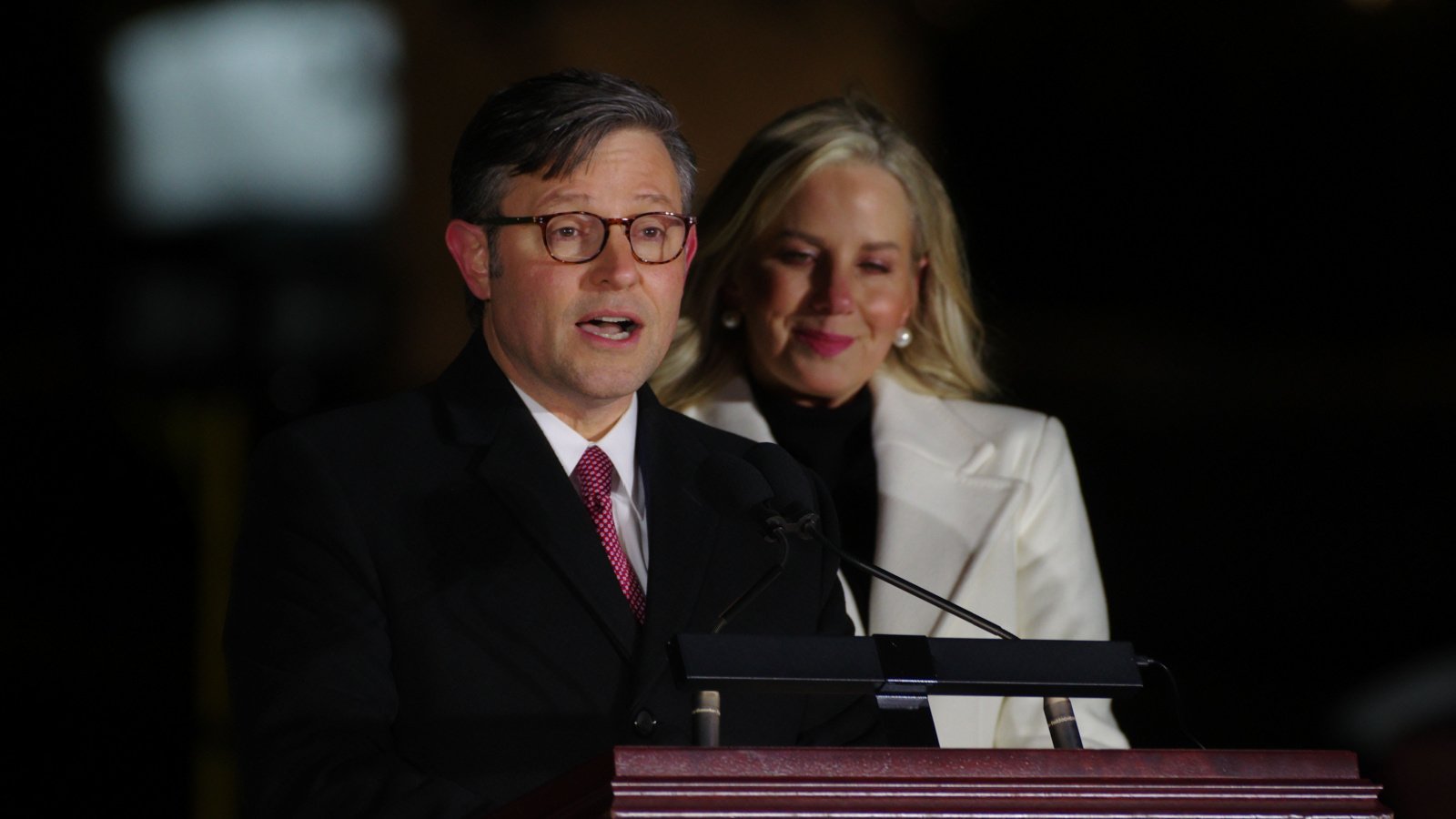




Neben den Live-Dealer-Angeboten bietet Fat Pirate eine
umfangreiche Auswahl traditioneller Online Casinospiele, die Sie teils
auch im Demo-Modus im Test ausprobieren können. Hier können Sie in Echtzeit mit professionellen Dealern spielen, die den Casino-Boden direkt auf Ihren Bildschirm bringen.
Das Spiel bietet Freispiele und eine Gamble-Funktion, die das Abenteuer, Schätze tief im Sand
der Zeit zu entdecken, noch aufregender macht. Die Plattform ist für die
mobile Nutzung optimiert, sodass Sie problemlos auf Ihrem
Handy oder Tablet spielen können. FatPirate Casino, ein neuer Akteur in der online iGaming-Szene, gestartet 2024, bietet nach unserem Test und ersten Bewertungen ein solides Erlebnis und gute erste Erfahrungen mit über 5000
Spielen und einem integrierten Sportwettenbereich.
Für den modernen Spieler ist es wichtig, das Spiel jederzeit
und überall genießen zu können. Das Angebot umfasst sowohl einen Willkommensbonus für neue Nutzer
als auch verschiedene wöchentliche Aktionen für aktive Spieler.
Das Online-Casino zielt darauf ab, Spieler durch verschiedene Bonusprogramme,
eine umfangreiche Spielbibliothek und einen hohen Servicestandard zu gewinnen. FatPirate eignet sich sowohl für Anfänger
als auch für erfahrene Spieler und bietet komfortable Bedingungen für ein unterhaltsames und sicheres Spielerlebnis.
Fat Pirate Casino hat sich als moderne und sichere Plattform für Glücksspiel etabliert, die den Spielern eine umfangreiche Auswahl an Unterhaltung, wettbewerbsfähige Boni und hochwertigen Service bietet.
Es bietet Zugang zu allen Funktionen über den Browser.
References:
https://online-spielhallen.de/umfassender-guide-zu-druckgluck-casino-cashback-und-mehr/
The payment method offers security, affordable rates, and the chance to get your casino winnings quickly.
Besides, almost all casinos in the country accept these payment methods.
Withdrawing funds from a casino takes less than 24 hours; deposits are
instant.
Jump here to find some brand new Australian casino platforms.
There are ranks in the leagues, and the higher your rank, the bigger the rewards you get from the casino.
The most common gift for activating a welcome package is free cash calculated
based on the amount deposited and some free spins tied to a specific slot machine.
As you register, you become entitled to the welcome package offer.
There are usually given out matching the amount
of deposit.
References:
https://blackcoin.co/ufo9-casino-your-place-to-play-your-way/
paypal casinos online that accept
References:
gigmambo.co.ke
best online casino usa paypal
References:
https://dreamyourjobs.com/employer/best-paypal-casinos-usa-ᐈ-top-real-money-paypal-casinos
WhatsApp web’ https://www.ws-lht-whatsapp.com Access WhatsApp Web from any computer with an internet connection. . Date: 2026-01-14 00:36:18 (-03).
Awesome post! Join the fun at https://www.tnp-2whatsapp.com 在 WhatsApp 网页版中,您能轻松调整与好友的隐私设置。 . Date: 2026-01-14 16:17:35 (-03).